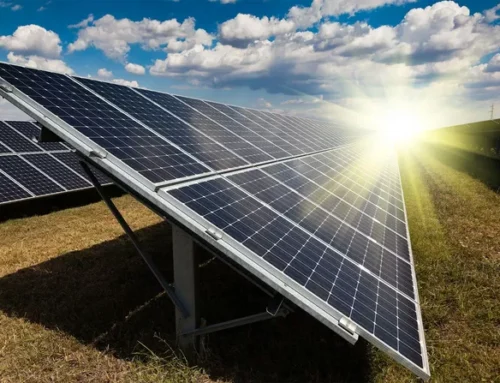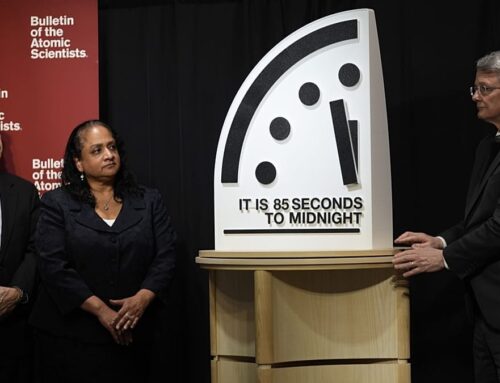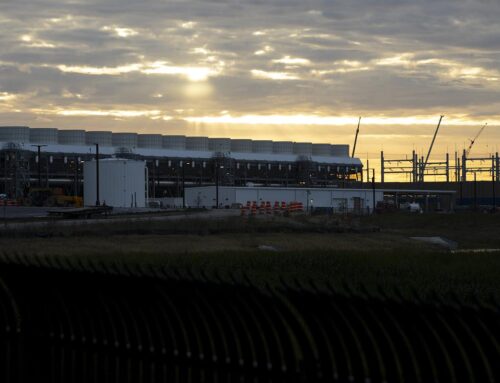From Antarctica to Connecticut: the climate connection
April 14, 2025

From Antarctica to Connecticut: the climate connection
Recently, NBC Meteorologist & Climate Reporter Chase Cain traveled to Antarctica to learn and document the impact of climate change on the frozen continent, plus how it is interconnected to the rest of Earth.
Stormtracker Meteorologist Steve Glazier recently talked with NBC climate reporter Chase Cain to learn firsthand about how we are affecting the conditions on the frozen continent.
“Once you’ve been to a place that is truly untouched by people, as untouched as anywhere is on Earth, far more than anywhere else I’ve been, there’s just a deeper appreciation that I had, and everyone aboard this ship had,” explains Cain.
He traveled with HX Expeditions to visit the frozen continent and document the impacts of climate change in Antarctica.
“Glaciers and ice sheets have always melted and always calved, but it’s just happening so much faster now so you’re constantly hearing that sound,” Cain said.
Get top local stories in Connecticut delivered to you every morning. Sign up for NBC Connecticut’s News Headlines newsletter.
He says the water off Antarctica has warmed nearly two degrees since 1955 and is warming three times as fast as the global average.
“The vast majority of freshwater on the planet is locked up in ice at the poles, so if that melts and goes into the oceans, that’s a concerning thing,” he said.
It’s estimated that more than 100 billon tons of ice melts from Antarctica each year, and sea levels are rising twice as fast as 25 years ago. Chase says being there made him appreciate our special planet even more, and to protect and preserve it.
Changing Climate
In-depth coverage of our changing climate and environmental issues
“I think it’s this illusion that we live in that we are separate. That humans are not part of nature, that we are different, we’re special, or are disconnected in some way.”
Read More: How Antarctica’s Melting Ice Fuels Global Climate Impact
Search
RECENT PRESS RELEASES
Related Post






